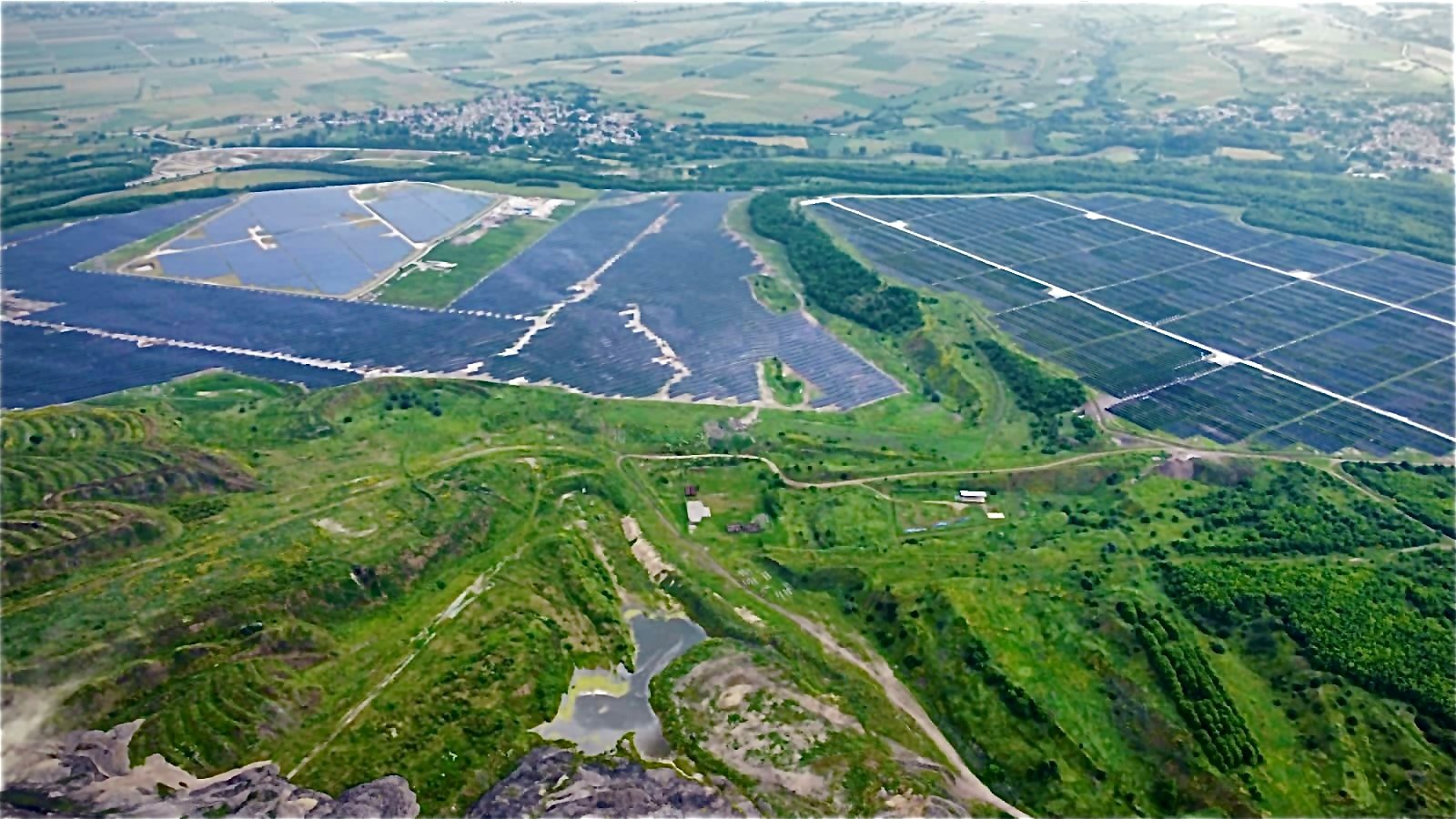The DEI Group is set to implement numerous projects across Western Macedonia, creating up to 20,000 jobs during the construction phase and up to 2,000 jobs during full operational capacity of all planned developments.
A central element of the DEI Group's investment strategy is the establishment of a new 300 MW mega data center at the Agios Dimitrios Power Station. Once DEI reaches agreements with hyperscalers who will use the facility, construction of the data center will begin, with the project expected to be one of the largest of its kind in Europe, and potentially operational by 2027. This €2.3 billion investment will create thousands of jobs and significantly transform the region, fostering a new era of development with a growing technology ecosystem. The data center will be supplied with energy “behind the meter,” meaning its energy needs will not strain the national power grid.
In the second phase of the project, should there be significant demand from hyperscalers, the mega data center has the potential to be expanded into a Giga Data Center, with a capacity of up to 1,000 MW.
Western Macedonia's former lignite mining areas are ideal for the development of large-scale technology infrastructure, offering all the necessary conditions for hosting major data centers. DEI owns extensive land with readily available industrial sites, no regulatory obstacles, and robust energy infrastructure in the region. The diverse energy portfolio—including renewable energy sources (RES), natural gas, pumped hydro storage, and batteries—ensures a reliable and green energy supply. Furthermore, the area is rich in water resources for cooling needs, boasts an experienced workforce skilled in large-scale projects, and has strong high-voltage interconnections. Additionally, DEI’s FiberGrid network guarantees high-speed connectivity to both domestic and international data networks, creating a comprehensive environment that is ready to support the growth of hyperscale infrastructure.
Green Energy Initiatives
The future of energy is renewable, and Western Macedonia plays a pivotal role in the DEI Group’s strategy. For 70 years, the region provided energy to Greece through lignite, but it is now transitioning to supply "green energy" from a range of renewable sources. DEI’s plans include €1.2 billion in investments for the construction of photovoltaic plants in the areas surrounding the former mines. A total of 2,130 MW of solar capacity will be developed, enough to power 715,000 homes and businesses.
DEI will also invest approximately €940 million in energy storage projects totaling 860 MW in the region. These projects will create over 1,300 jobs during construction and hundreds more during operation. Among the energy storage projects, two pumped hydro storage plants stand out as key components—utilizing "natural batteries" formed by two lakes at different altitudes.
Key projects include:
-
Pumped Hydro Storage at the Kardia Mine: With a production capacity of 320 MW for 8 hours, this project will use the old mine’s bottom for the lower reservoir. The investment is estimated at €430 million.
-
Pumped Hydro Storage at the Southern Field Mine: The lower reservoir will also be located at the bottom of an old mine, with a production capacity of 240 MW for 12 hours. This project has a total investment of €310 million.
These pumped hydro storage projects help balance the intermittent nature of renewable energy and optimize the distribution of electricity throughout the day.
In addition to pumped hydro storage, DEI is investing in battery storage systems, with a total installed capacity of 300 MW across various locations in the region.
DEI is also investing in clean energy technologies through its participation in Hellenic Hydrogen, a joint venture to build Greece’s first industrial-scale hydrogen production facility from renewable sources, located in Amyntaio.
New Power Units
As part of DEI's strategic plan for Western Macedonia, Ptolemaida 5 will continue operating and be converted into a natural gas plant by the end of 2027. Initially, it will operate as an open-cycle gas turbine (OCGT) with a capacity of 350 MW. If the investment decision for the Data Center is made, it will later be upgraded into a combined-cycle gas turbine (CCGT) unit with a total capacity of around 500 MW.
At the Kardia Power Station, the old generators from Units 3 and 4 will be converted into modern capacitors, which will play a key role in stabilizing the high-voltage system. Additionally, a new waste-to-energy thermal processing unit is being considered, subject to regulatory approval. This Waste2Energy unit will include a generator with a capacity of about 38 MW and will provide both electricity and thermal energy for district heating, equipped with state-of-the-art pollution control technologies.
Land Restoration and Decommissioning
Approximately €400 million will be invested in land restoration and decommissioning projects related to the former lignite energy production sites, where the infrastructure can no longer be repurposed. DEI owns nearly 200,000 acres of land in the region, of which approximately 80,000 acres are being gradually returned to the public. DEI is committed to ensuring that all areas handed over are fully restored and environmentally rehabilitated.
In summary, DEI's ambitious investment plan in Western Macedonia not only aims to boost the region's technological and green energy capabilities but also supports job creation, economic growth, and environmental sustainability for the future.















